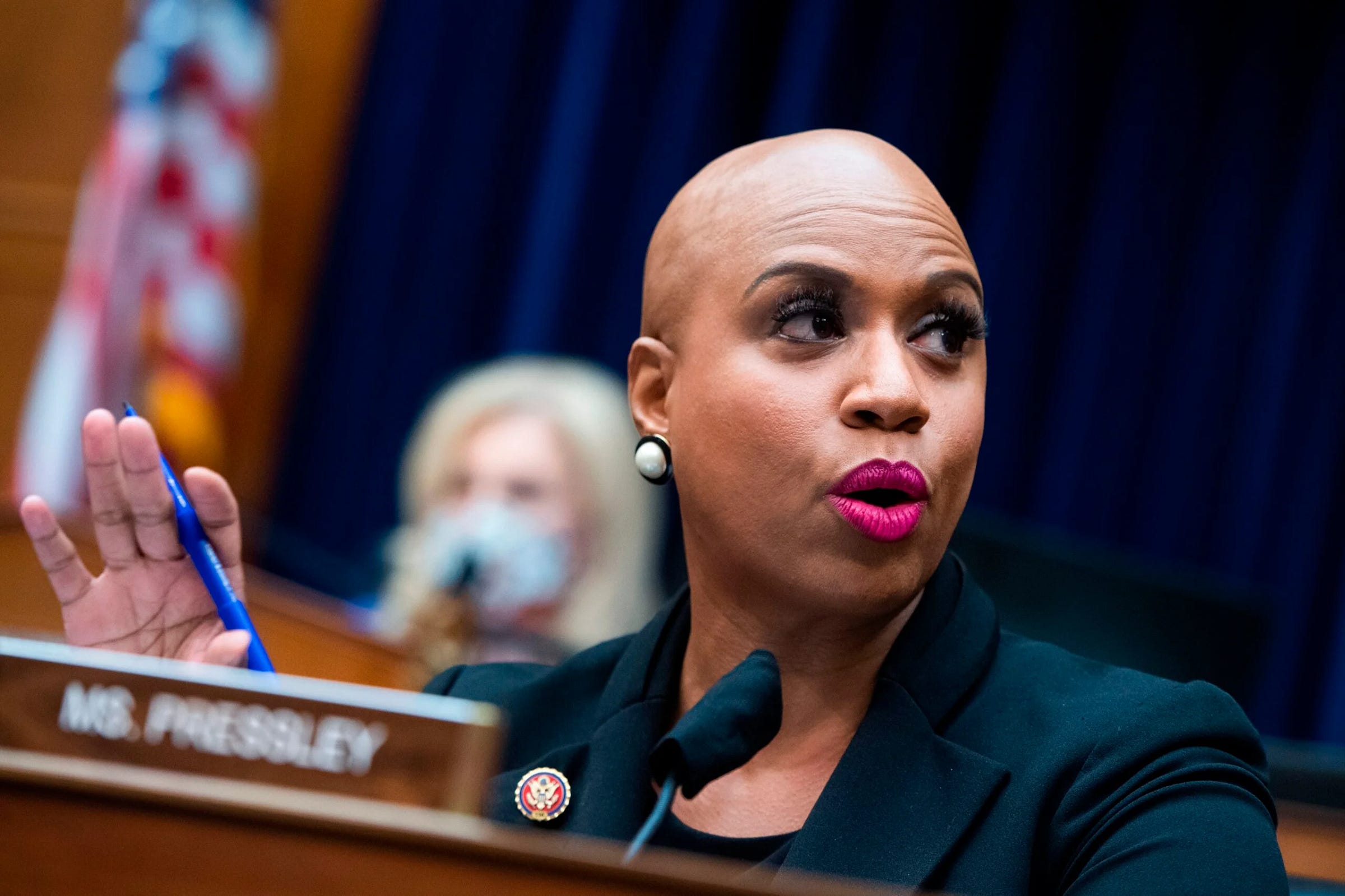Rep. Ayanna Pressley urges Fed chair to address Black women's unemployment as the figure rises
The Massachusetts congresswoman said Black women’s employment is a “key metric of the health of the U.S. economy.”
Massachusetts Rep. Ayanna Pressley is demanding Federal Reserve Chair Jerome Powell respond to alarming job numbers showing Black women bearing the brunt of employment losses, warning that their economic stability reflects the health of the nation.
A recent Bureau of Labor Statistics report revealed a steep decline in Black women’s employment, with 319,0…





